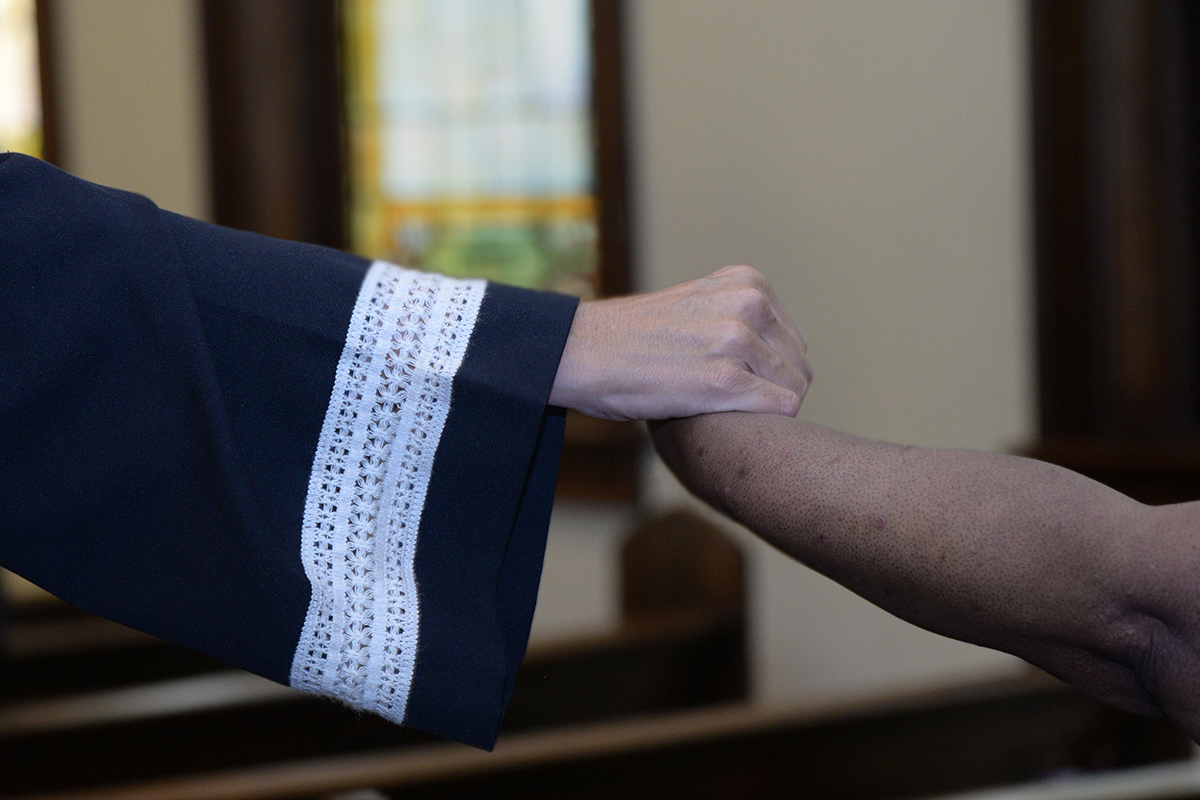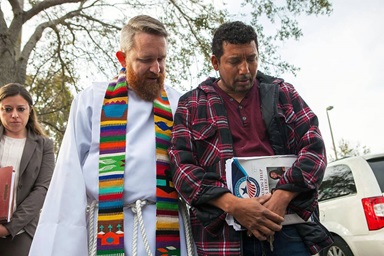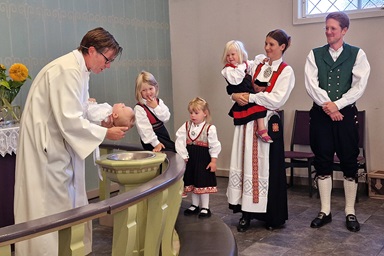Key Points:
- Memorial United Methodist Church in Gladstone, Michigan, lost about a third of its membership because of a failed vote to disaffiliate from the denomination over LGBTQ+ and other issues.
- The Rev. Terri Branstrom turned to some United Methodist friends who wrote a book about dealing with conflict in local churches for assistance.
- The church is now moving forward with a new Sunday school class and other activities as other members of the congregation step up to replace church leaders who have left.
It was a small start, but a start nonetheless: a new Sunday school class, with nine young students.
Memorial United Methodist Church in Gladstone, Michigan, lost about 35% of its membership after a vote to disaffiliate from The United Methodist Church came up short. Many folks on the losing side officially left the church or just stopped showing up. Some of them were longtime congregation leaders.
“We hadn’t had (Sunday school) in several years,” said the Rev. Terri Branstrom, pastor of Memorial, located about 40 miles north of Green Bay, Wisconsin, in the Upper Peninsula of Michigan.
“There was a group that said, ‘We think we need one,’ and they worked toward that,” Branstrom said. “Granted, it was only nine children. But that’s nine children that would not have been there normally, right?”
That modest step forward was discerned using a process Branstrom and the folks who opted to stay at Memorial underwent with the help of fellow United Methodists Mary Gladstone-Highland, Katy Stokes and Christina Wichert. The trio wrote “Calm: How to End Destructive Conflict in Your Church.”
The drive by the minority at Memorial to split from the denomination came about because of the same issue that prompted the disaffiliation of more than 6,400 U.S. churches in the last four years: the status of LGBTQ+ individuals in the church, especially whether they can marry or serve as church pastors or leaders.
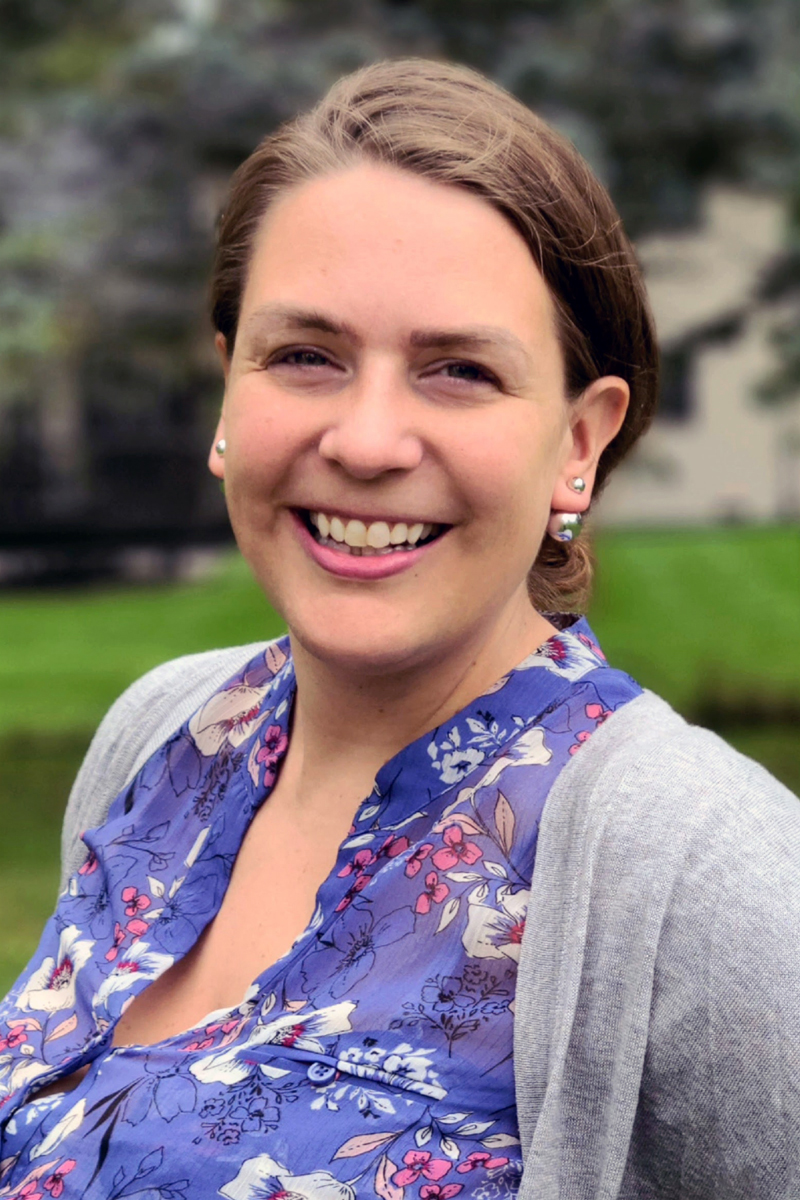
In addition, at Memorial, there was grumbling around how pastors are assigned and how much the church should give for apportionments, the money that supports ministry beyond the local church.
“It kind of got a little nasty,” Branstrom said. “It caused many, many hurt feelings because some of the people (on each side) … had been friends for years.
“It hurt, because they thought they were brothers and sisters in Christ through our church. Then they found out that they had differences of opinions, and it was kind of sad.”
The disaffiliation trend over LGBTQ+ issues was “absolutely the impetus” of “Calm,” Gladstone-Highland said. “We were thinking about how churches seem to be struggling with how to take a denominational issue and do anything with it on a local level when there was so much indecision.”
But the authors didn’t want it to be a one-issue book.
“We wanted to write a resource that could be useful for any conflict, no matter its size and scale,” Gladstone-Highland said.
Branstrom, a friend of the authors, consulted with them to help figure out how the church should proceed after the crisis.
“They provided us a workshop to give us a better vision of who we are and where we should be going,” Branstrom said. “It was very invigorating, and it gave people a new vision of who they could be without the folks that were missing.”
The “Calm” approach used by Memorial seeks to overcome a common problem when there’s a disagreement in a church family.
“When there’s conflict, people run from each other, they build camps and they ‘other’ each other,” Gladstone-Highland said. “Our book says, ‘It might not be easy, we might not all agree at the end, but we’re going to love each other in the process and we’re going to commit to the hard work of still being this church family in the process.’”
Wichert said that people in a congregation sometimes assume they know each other better than they really do.
“Trust is so necessary to have those difficult conversations,” she said. “To be honest in a room with people who might be just on totally sort of opposite ends of something.”
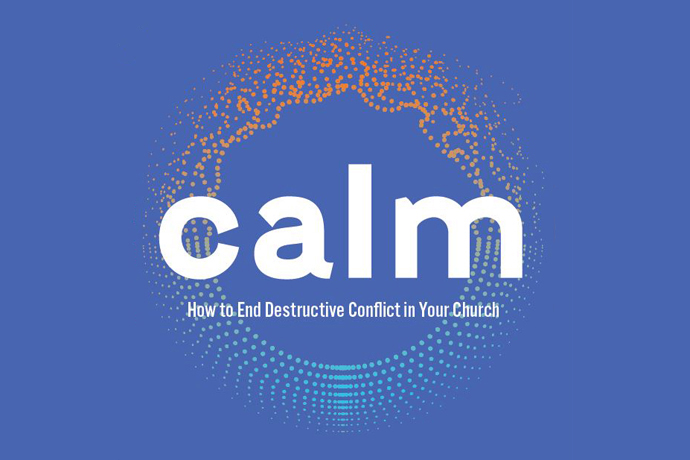
She continued: “Whether we come into some kind of agreement on things and go on together or come to a decision that maybe parts of this group go their separate way … even if it’s not the outcome of being a whole congregation, that’s still a healthy decision that’s been reached.”
The process doesn’t end after one group or the other prevails. In one way, that’s kind of the beginning.
“I don’t think it’s reasonable to have a goal of having everybody happy,” Stokes said. “What we're really asking people to do is to say things out loud, with mutual respect and in respect of our shared humanity.”
That doesn’t always happen in a church where “we want to feel happy and pleasant with the people we’re with,” she added. “I think a deeper community really asks us to see one another for who we are, and to sit respectfully in a space that we don't all agree with, and we're not asking everybody to agree.”
Subscribe to our
e-newsletter
Exercises in the book can also be used later when other conflicts occur. Common sources of friction in churches include the introduction of a new worship style, major structural changes to the church property, and the limited availability of volunteers and other resources.
Gladstone-Highland offered some examples: “Do we bring back a thriving children and youth family program? Do we bring back a music program? If we only have enough resources to do one, that creates conflict.”
If not one of those, it will be something else. There’s no getting around it.
“I think what we’re really focusing on is building up a process … that you could also use as part of building a culture for your whole church community as you face conflict,” Stokes said. “We’re not going to try to get you to a place where you don’t have conflict because that’s not real life.”
Back at Memorial, Branstrom reports there are plans to do a fall color tour, game night and movie events as she helps build the congregation back up after the crisis.
“All of these things bring us back into fellowship with one another,” she said. “I just want them to be a beacon of hope and love to the community. … and I think they’re going to be stronger.
“We’ve had some other people step into leadership roles that I don’t think would have taken the leadership roles if it hadn’t been for this. So in that sense of the word, it was good.”
Patterson is a UM News reporter in Nashville, Tennessee. Contact him at 615-742-5470 or newsdesk@umnews.org. To read more United Methodist news, subscribe to the free Daily or Weekly Digests.

